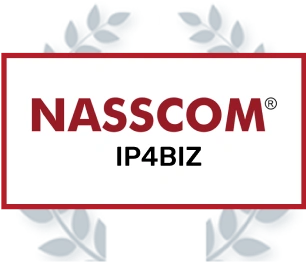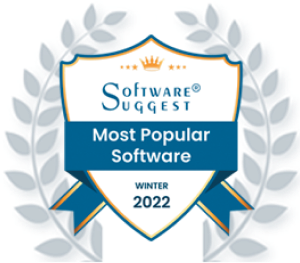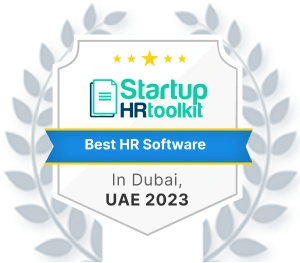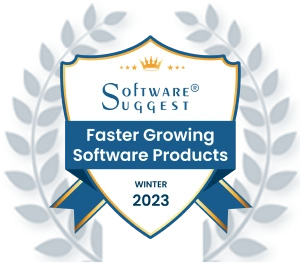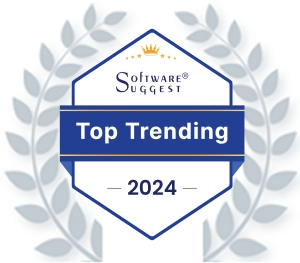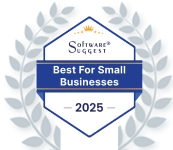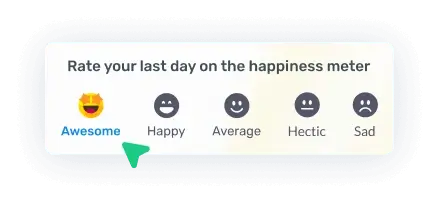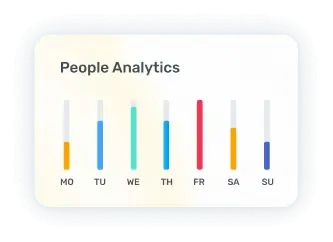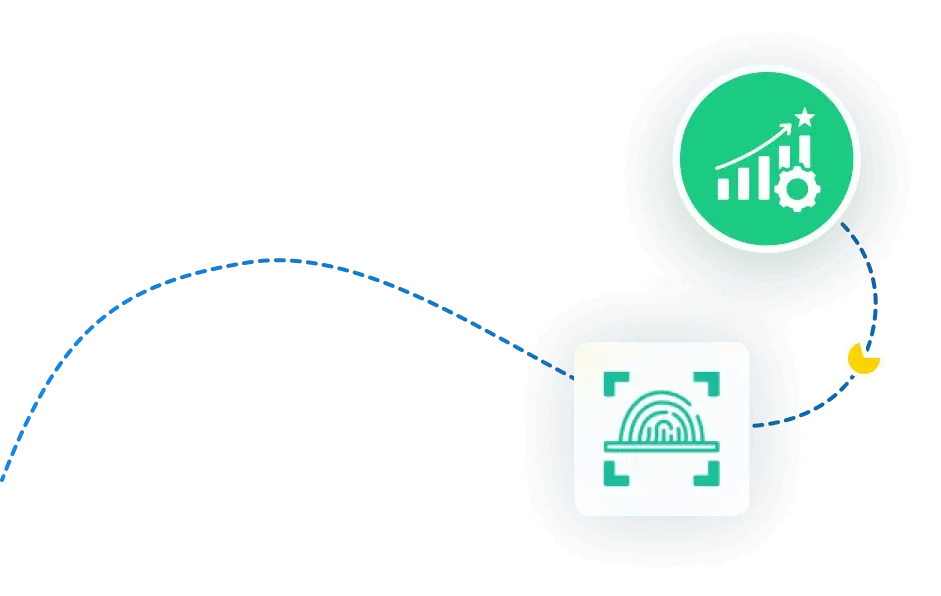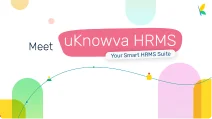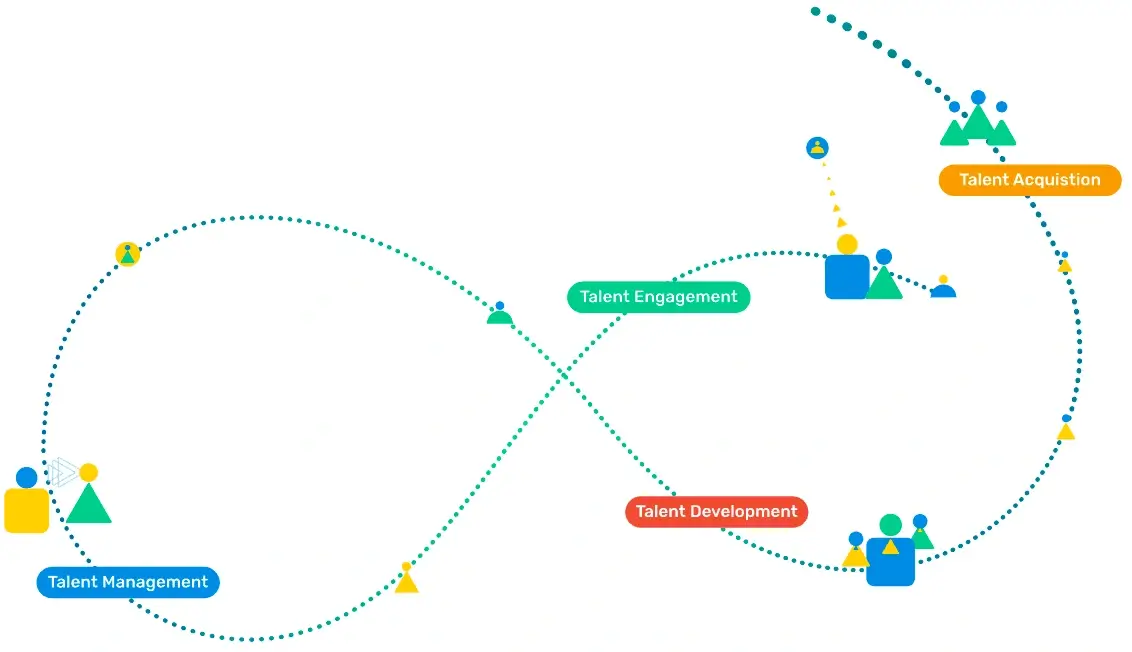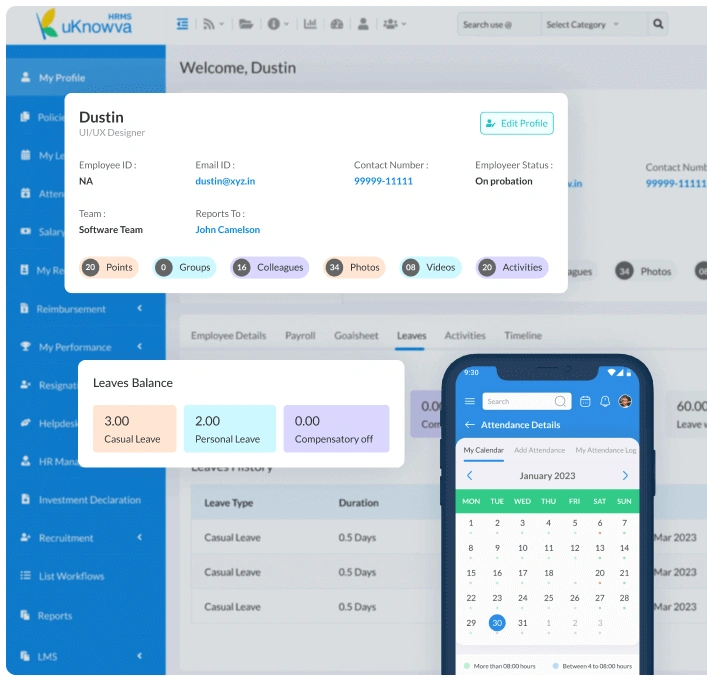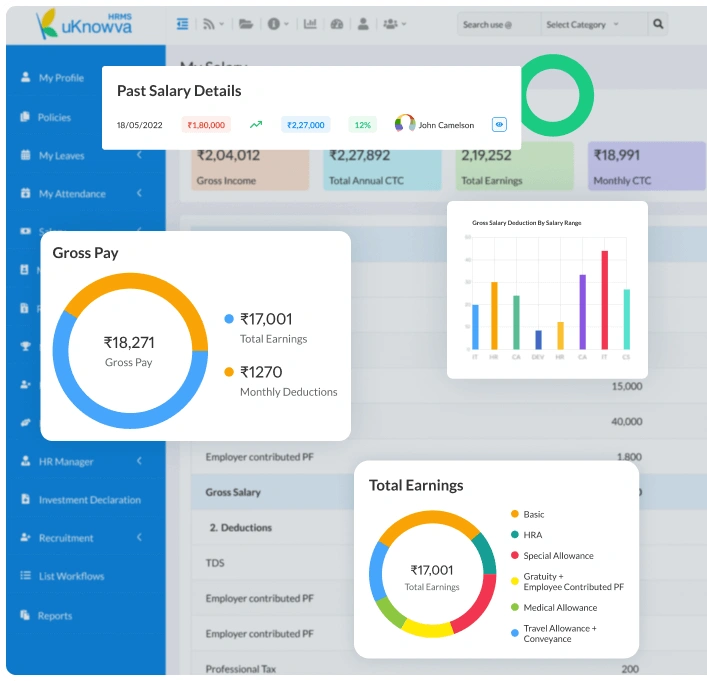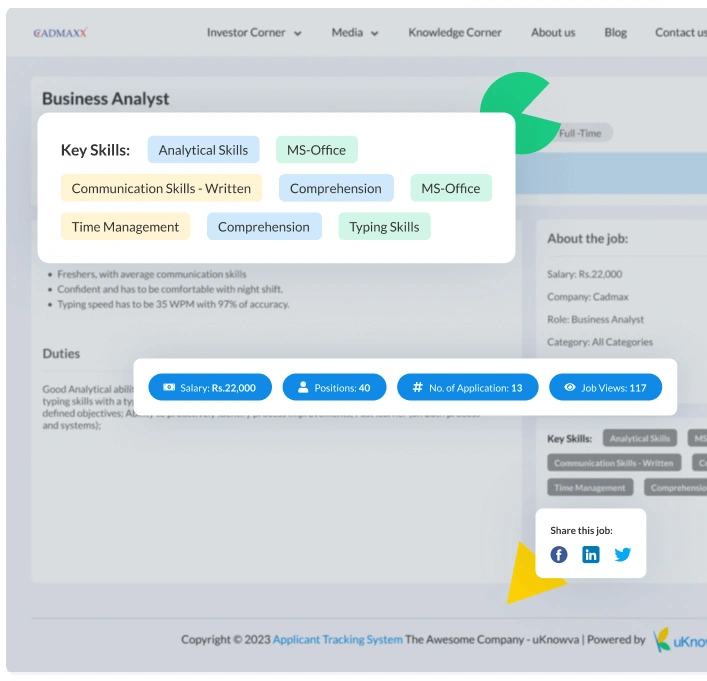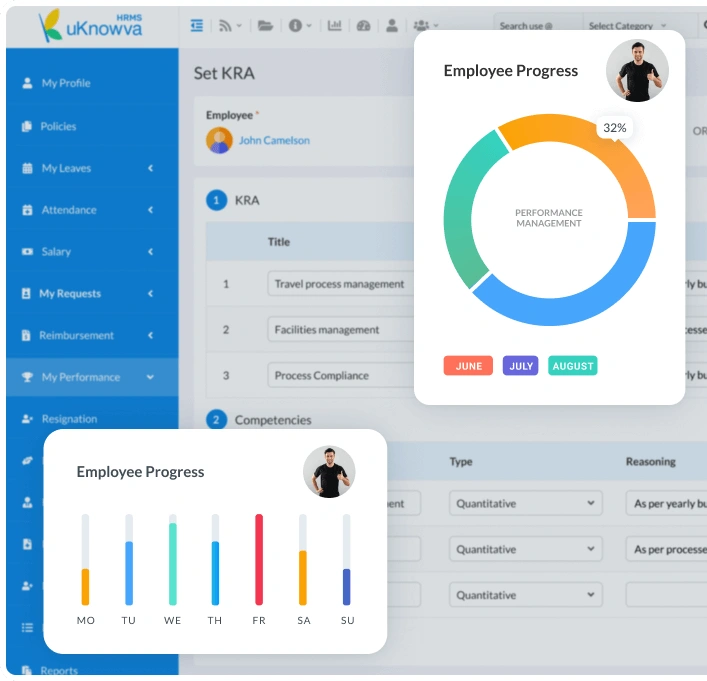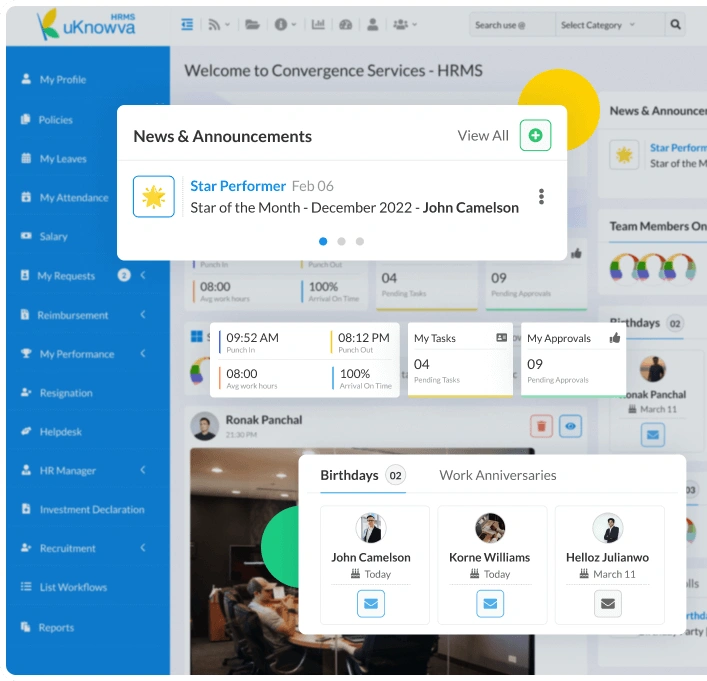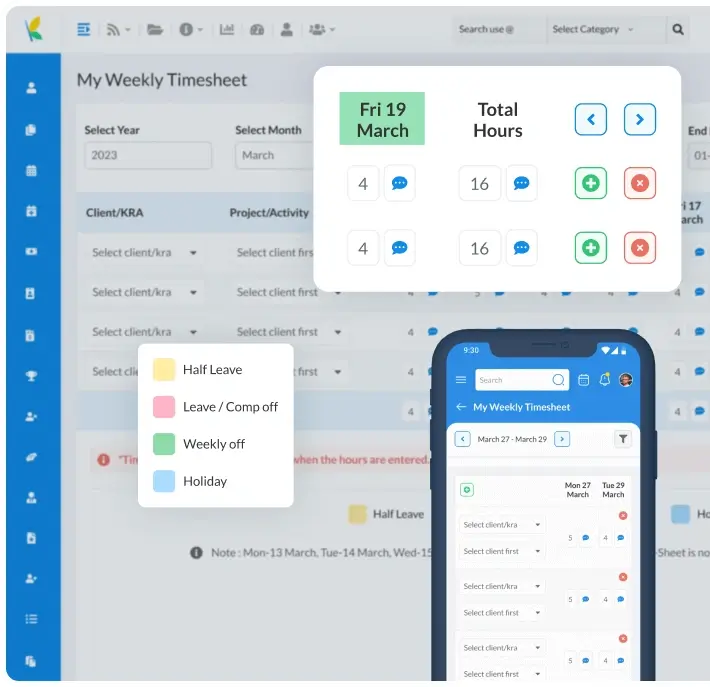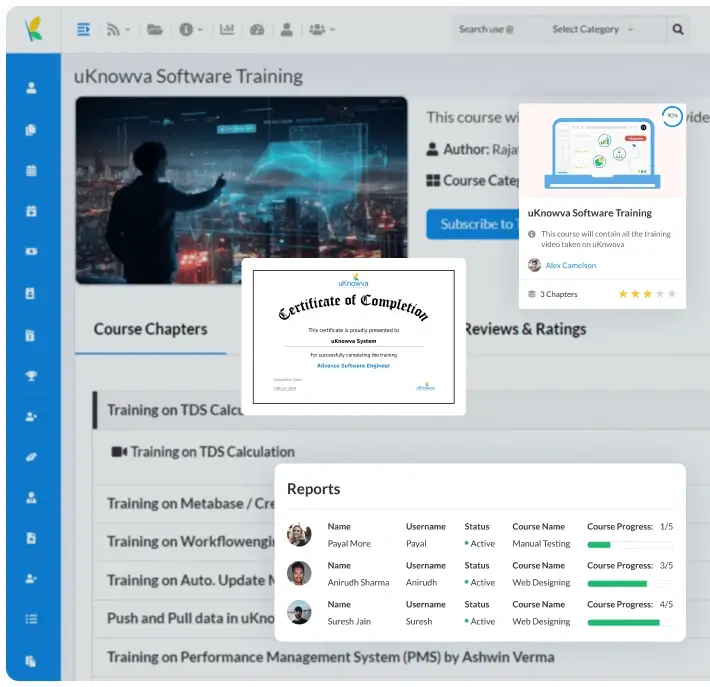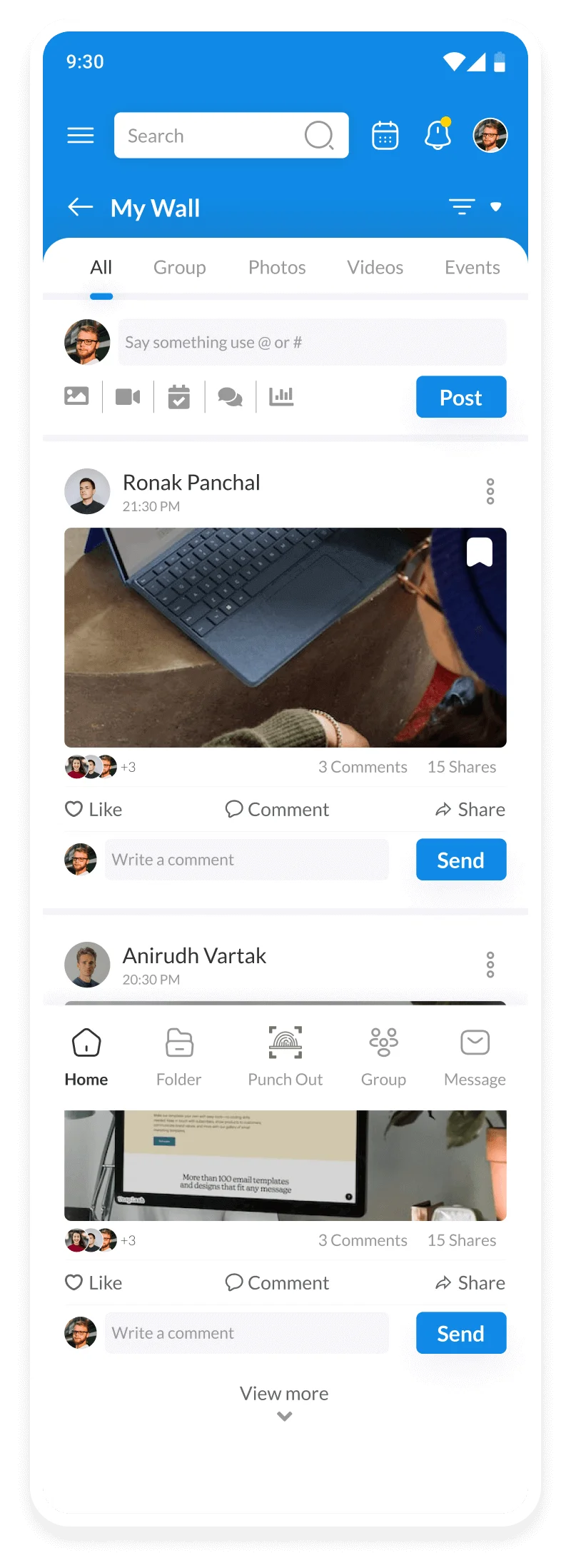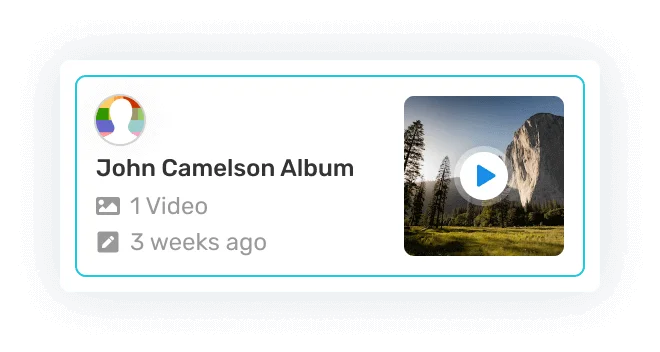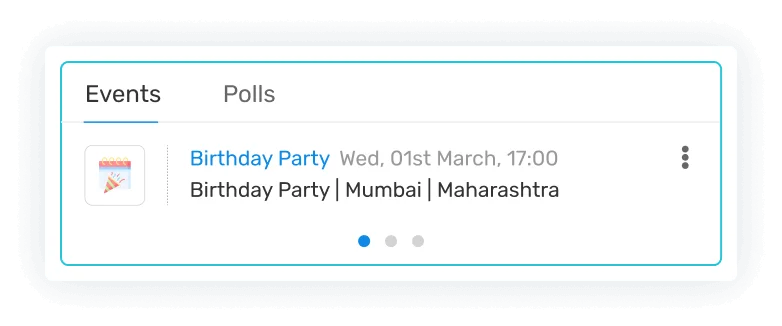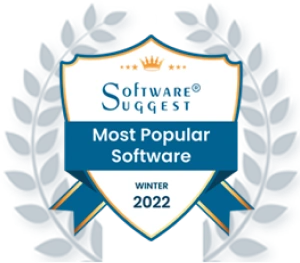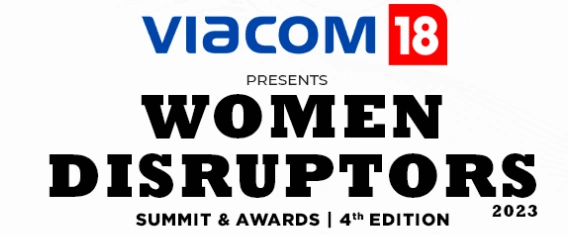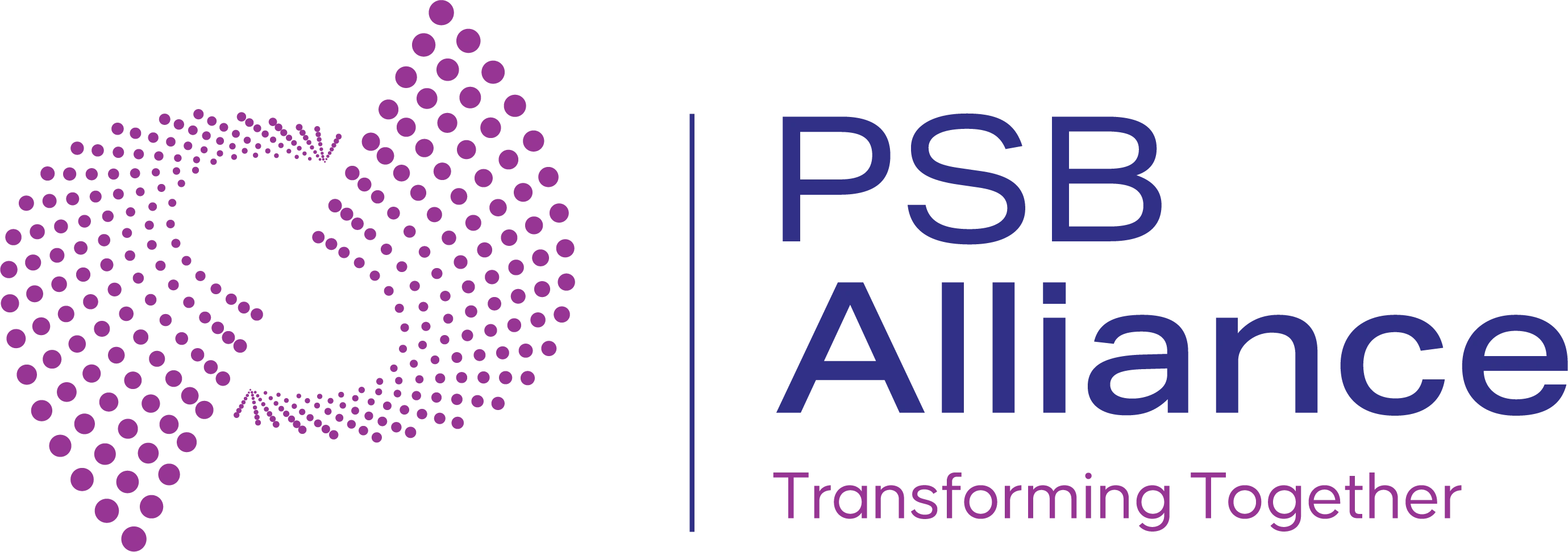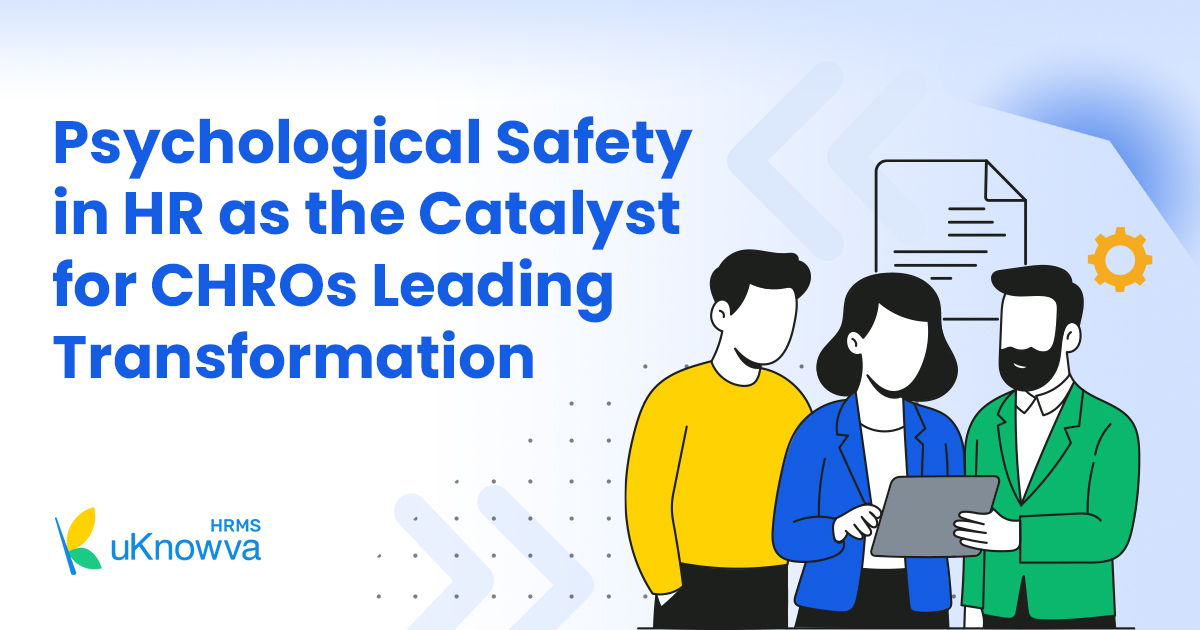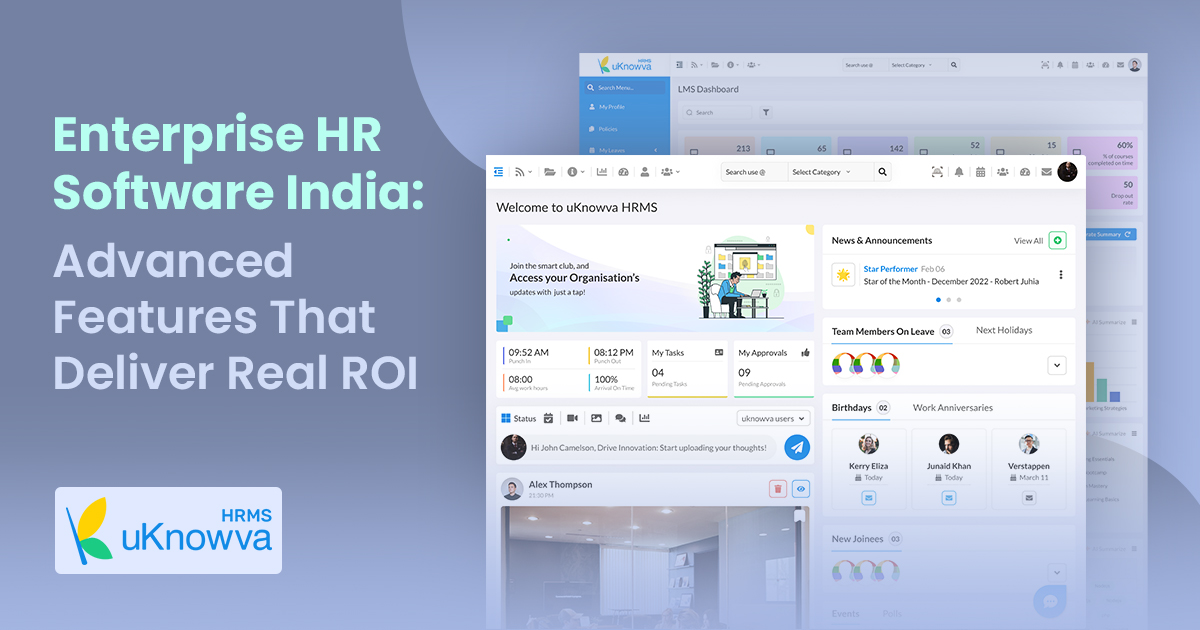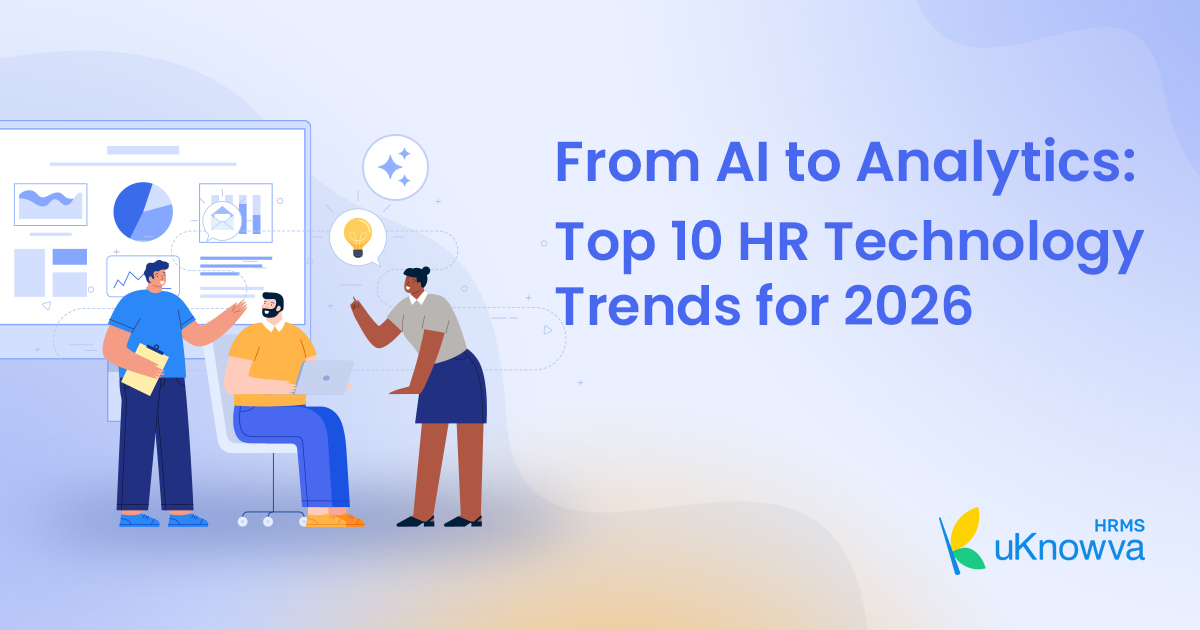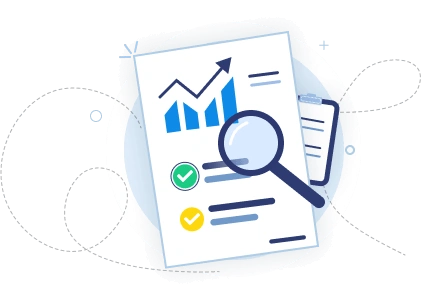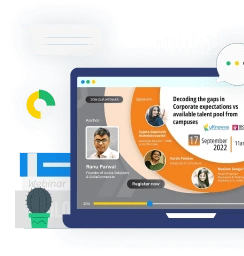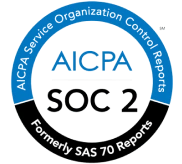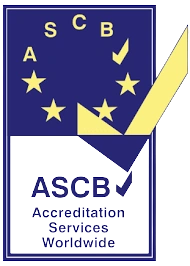-
Psychological Safety in HR as the Catalyst for CHROs Leading Transformation
Table of Content
Introduction
Psychological Safety Is a Business Enabler, Not a Cultural Add-On
Transformation Demands Voice Before It Demands Tools
The Intersection of Psychological Safety, AI, and Mindful Leadership
Scaling Psychological Safety Requires Systems, Not Just Intent
The Leadership Trade-Off: Comfort Versus Courage
From Function to Force Multiplier
Looking Ahead: Psychological Safety as Leadership Infrastructure
FAQs: Questions Senior HR Leaders Are Grappling With
Additional Questions Answered by Gaurish Wagh
Introduction
Many CHROs today are being asked to lead some of the most complex transformations their organizations have ever undertaken—AI adoption, workforce redesign, culture shifts, and new operating models. The expectation is clear: move faster, think smarter, and deliver measurable outcomes.
Yet beneath these mandates lies a quieter constraint that often goes unaddressed. HR teams themselves are not always psychologically safe enough ...
-
Enterprise HR Software India: Advanced Features That Deliver Real ROI
Table of Content
What is Enterprise HR Software?
India HR Tech Landscape
Why Indian Enterprises Are Upgrading HR Systems?
Latest Trends Shaping Enterprise HR Software in India 2026
Understanding ROI in Enterprise HR Software
Top 10 Advanced Features Delivering ROI
Enterprise HR Software Comparison: uKnowva vs SAP vs Oracle vs Darwinbox
Security, Data Privacy & Compliance in the Indian Context
Case Studies
Common Mistakes Enterprises Make When Buying HR Software
How to Avoid The HR Software Selection Mistakes
How to Choose Enterprise HR Software for Maximum ROI
2. Data Security & Compliance Certifications
3. Workforce Analytics & Reporting Depth
4. Scalability for Multi-Entity Operations
5. Integration with ERP and Finance Systems
6. Vendor Implementation & Support Capability
7. Total Cost of Ownership (TCO)
Implementation Roadmap & Best Practices for Indian Enterprises
Future of Enterprise HR in India 2026
Why Choose uKnowva for Enterprise H...
-
From AI to Analytics: Top 10 HR Technology Trends to Look for in 2026
Table of Content
Understanding What is HR Technology?
Key Components of Modern HR Technology Ecosystems
How HR Technology Has Evolved from 2024 to 2026
Top Trends in HR Technology for 2026
Challenges in Adopting HR Technology in 2026
How HR Leaders Should Prepare for HR Technology in 2026?
HR Technology Investment Priorities for SMB vs Enterprise
What HR Technology May Look Like by 2030?
Conclusion
FAQs
HR technology has ceased to mean computerising books or automating the payroll. HR is emerging as one of the most data-driven and AI-powered functions in the organisation as organisations march into 2026. With AI in HR, more sophisticated analytics, cloud solutions, and smarter automation, HR technology is radically transforming the way companies attract, retain, allocate and engage talent.
The intelligent, integrated, experience-centred HR technology of the future is here to stay. HR leaders are supposed to provide business impact and not operational efficiency. T...






